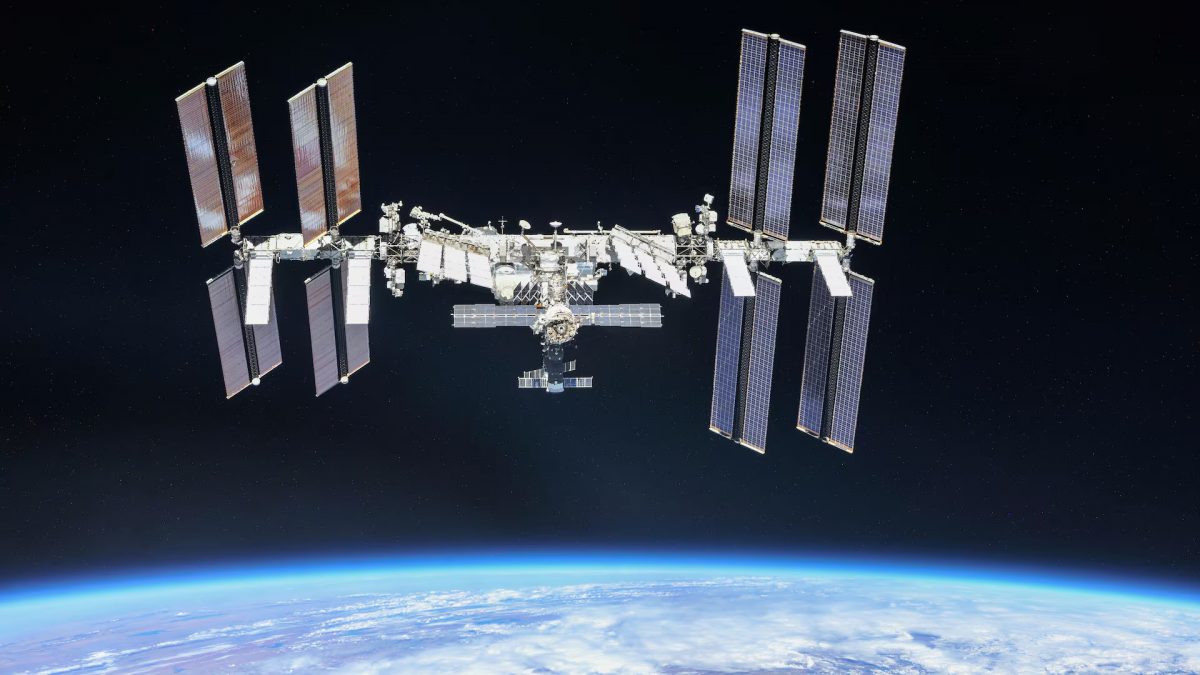Russia’s space programme, Roscosmos, has confirmed its support for NASA’s plans to retire and deorbit the International Space Station (ISS) beginning in 2030. This marks a notable shift in Russia’s stance, as Roscosmos leadership has previously wavered on its commitment to the ageing orbital facility.
Yuri Borisov, the head of Roscosmos since 2022, announced the collaboration during a televised interview, emphasising that the decommissioning would be coordinated with NASA. This decision follows years of uncertainty, including Borisov’s earlier claim in 2022 that Russia would exit the ISS project after 2024. By 2023, however, the country extended its participation to 2028, and now, it plans to assist in the station’s planned deorbit in the next decade.
Ageing infrastructure spurs change
The ISS, a symbol of international cooperation in space exploration, has faced increasing wear and tear. Borisov pointed to numerous issues on the Russian segment, including persistent leaks and equipment failures, as reasons for moving on. He noted that cosmonauts spend more time on repairs than conducting scientific experiments, making continued operations unsustainable.
This view aligns with NASA’s longstanding strategy to retire the ISS. In June 2023, NASA commissioned SpaceX to develop a specialised vehicle for safely deorbiting the station, ensuring it burns up harmlessly during reentry. As both agencies look to transition from the ISS, the move reflects a broader shift toward new ventures in space exploration and industry.
Economic challenges for Russia’s space ambitions
Borisov also acknowledged the economic challenges facing Russia’s space industry. He highlighted difficulties in attracting private investment due to high inflation and interest rates, which have made funding risky and expensive. While he expressed optimism for future improvements, he admitted that Russia’s private space industry remains in its infancy.
Roscosmos has ambitious plans, including developing a competitor to SpaceX’s Starlink satellite network and launching a super heavy-lift rocket. However, these goals are seen as long-term undertakings, with Borisov suggesting they may not materialise until after 2030.
The 2030 timeline
The decision to decommission the ISS signals a turning point for space exploration. For NASA and Roscosmos, the collaboration reflects a pragmatic recognition of the station’s limitations and the need to prioritise next-generation projects. While the ISS’s retirement marks the end of an era, it paves the way for new opportunities, including private space ventures and the development of advanced orbital platforms.
As the 2030 timeline approaches, both nations will navigate the complex task of dismantling one of humanity’s most significant achievements in space. Whether this marks a new chapter of collaboration or competition remains to be seen.
)